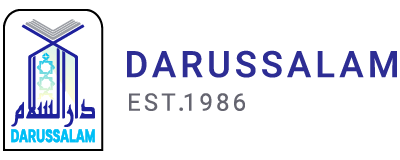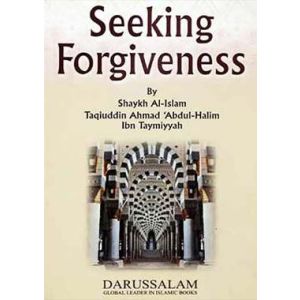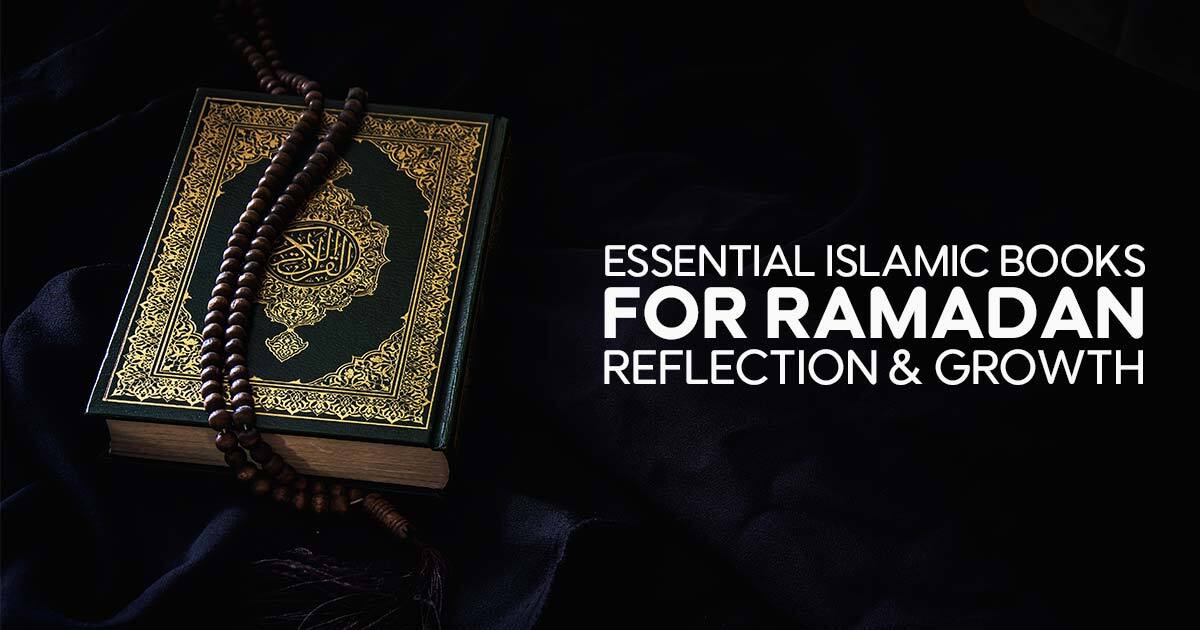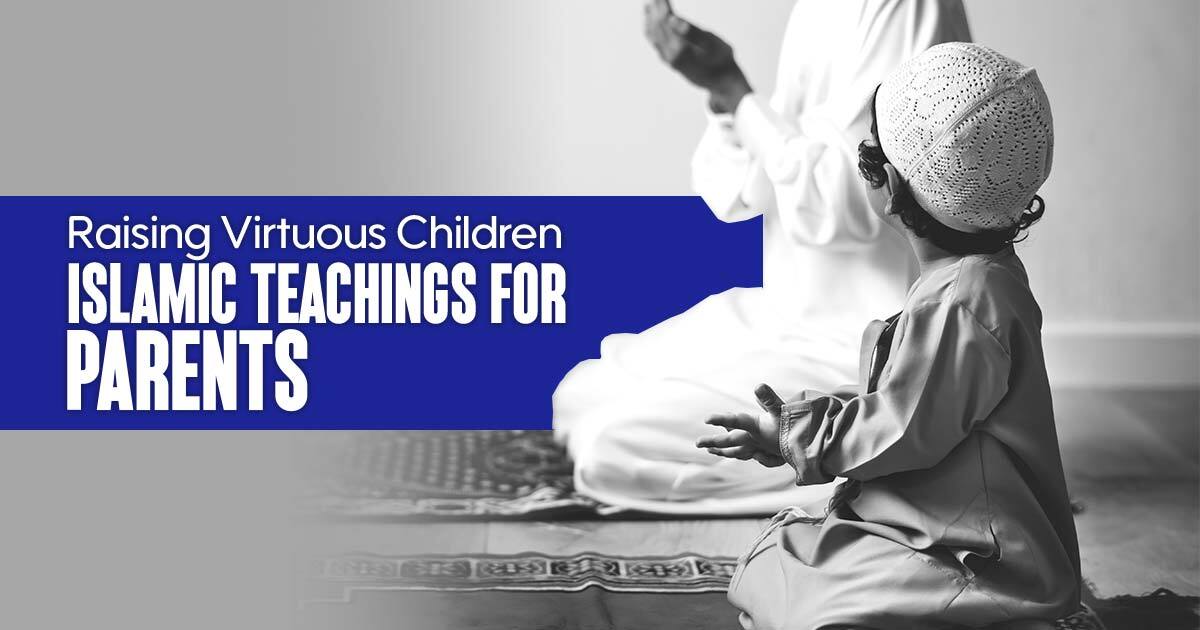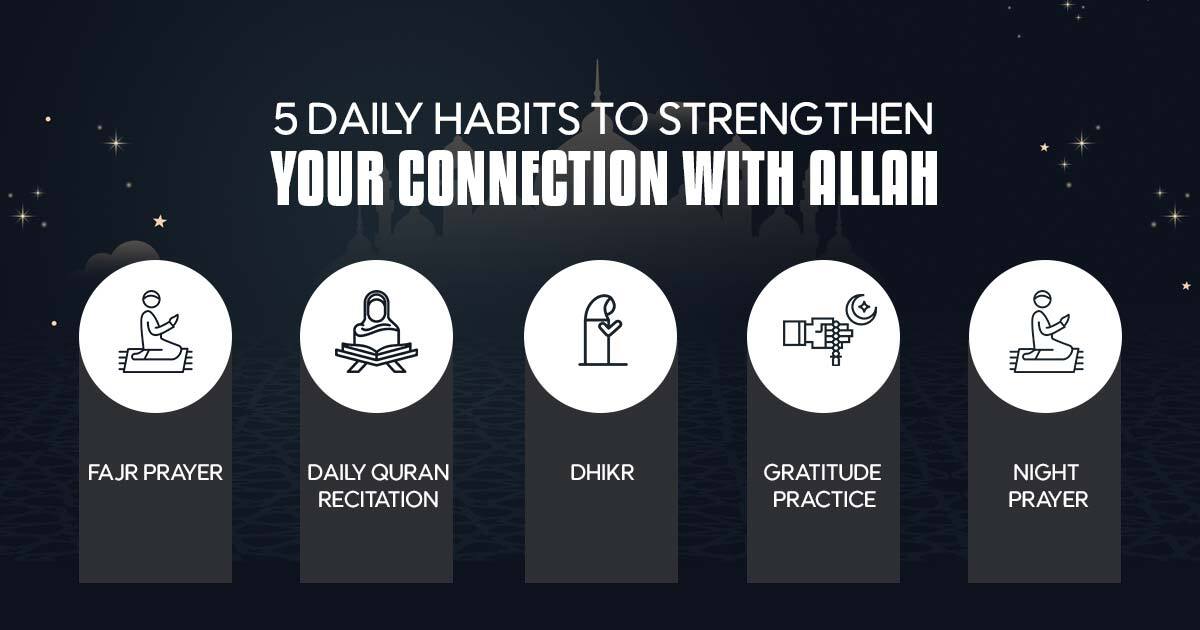We use cookies to make your experience better. To comply with the new e-Privacy directive, we need to ask for your consent to set the cookies. Learn more.
The Importance of Islamic Education for Modern Muslim Families
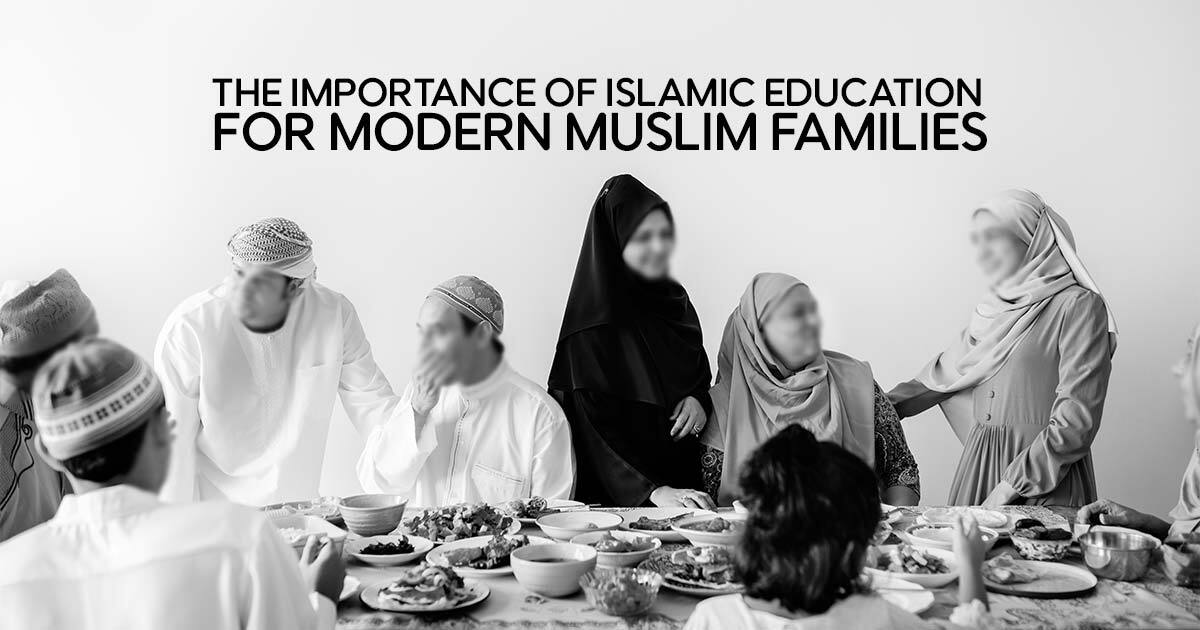
The Importance of Islamic Education for Modern Muslim Families
In today's fast-paced world, where modernity often clashes with tradition, the importance of Islamic education for Muslim families cannot be overstated. Islamic education plays a crucial role in shaping the values, beliefs, and practices of individuals and communities. In this comprehensive guide, we will explore why Islamic education is essential for modern Muslim families and how it contributes to personal, social, and spiritual development.
Understanding Islamic Education:
Islamic education encompasses a wide range of teachings and practices rooted in the principles of Islam. It includes the study of the Quran, Hadith (sayings of Prophet Muhammad), Fiqh (jurisprudence), Aqeedah (creed), Akhlaq (ethics), and other Islamic sciences. Islamic education aims to nurture individuals with strong faith, moral integrity, and a deep understanding of their religious and cultural heritage.
Benefits of Islamic Education for Modern Muslim Families:
- Spiritual Growth: Islamic education provides spiritual nourishment and helps individuals develop a strong connection with Allah (God). It instills a sense of purpose, gratitude, and humility, leading to a fulfilling spiritual life.
- Ethical Values: Islamic teachings emphasize honesty, kindness, justice, and compassion. Through education, Muslim families instill these values in their children, fostering a sense of responsibility towards oneself and others.
- Cultural Identity: Islamic education preserves and promotes the rich cultural heritage of Muslims. It teaches the Arabic language, Islamic history, and traditions, strengthening the cultural identity of Muslim families in a globalized world.
- Family Unity: Learning about Islamic values and principles promotes harmony and unity within families. It encourages mutual respect, understanding, and cooperation among family members, leading to a strong and supportive family structure.
- Community Engagement: Islamic education encourages active participation in community service, charity, and social justice initiatives. It teaches the importance of helping others and contributing positively to society, fostering a sense of belonging and solidarity within the Muslim community.
Learn More: 10 Must-Read Hadith Books in 2024
Implementing Islamic Education in Modern Times:
Incorporating Islamic education into modern lifestyles requires a thoughtful approach that combines traditional teachings with contemporary methods. Here are some strategies for modern Muslim families to integrate Islamic education effectively:
1. Establishing Daily Rituals: Encourage regular recitation of the Quran, dua (supplications), and dhikr (remembrance of Allah) as part of daily routines.
2. Utilizing Technology: Leverage online resources, mobile apps, and educational platforms to access Islamic learning materials, lectures, and interactive courses.
3. Engaging Youth: Organize youth programs, workshops, and discussions to engage young Muslims in meaningful conversations about faith, identity, and contemporary challenges.
4. Collaborating with Islamic Institutions: Partner with mosques, Islamic schools, and community centers to provide comprehensive Islamic education programs for all age groups.
5. Promoting Family Discussions: Create a supportive environment for open dialogue and exploration of Islamic teachings within the family, encouraging questions, reflections, and shared learning experiences.
Read More: Benefits of Reading Quran in Ramadan
Conclusion:
Islamic education is not just a religious obligation but a transformative journey that enriches the lives of individuals and strengthens the fabric of society. Modern Muslim families can embrace Islamic education as a guiding light that empowers them to navigate the complexities of the modern world while staying rooted in timeless Islamic values and teachings. By prioritizing Islamic education, families lay the groundwork for a brighter future filled with faith, knowledge, and compassion.
FAQs About The Importance of Islamic Education for Modern Muslim Families:
Why is Islamic education important for children from a young age?
Islamic education from a young age lays the foundation for a strong faith, moral values, and cultural identity. It helps children develop a deep understanding of Islam and its teachings, guiding them towards righteousness and piety.
How can parents balance modern education with Islamic education for their children?
Parents can balance modern education with Islamic education by integrating Islamic teachings into daily life, fostering a love for learning about Islam, and providing access to reputable Islamic educational resources.
What role do Islamic schools play in providing comprehensive Islamic education?
Islamic schools play a vital role in providing structured Islamic education that includes Quranic studies, Islamic history, Arabic language, and character development. They complement formal education by nurturing students' spiritual and ethical growth.
How can individuals continue their Islamic education as adults?
Adults can continue their Islamic education through online courses, seminars, study circles, and engaging with knowledgeable scholars. Consistent reading of Islamic books and seeking guidance from reputable sources also contribute to ongoing learning.
What are the benefits of a well-rounded Islamic education for society as a whole?
A well-rounded Islamic education benefits society by promoting moral values, social cohesion, and ethical conduct. It fosters a sense of responsibility, empathy, and respect for diversity, contributing to a more harmonious and inclusive community.

 Saudi Arabia
Saudi Arabia United Arab Emirates
United Arab Emirates Pakistan
Pakistan



